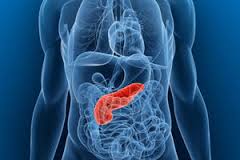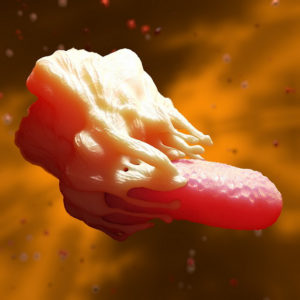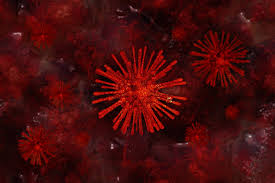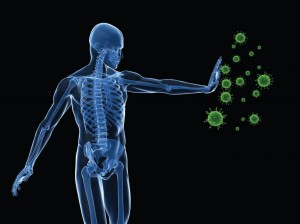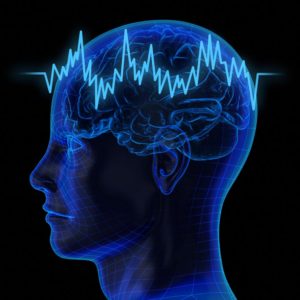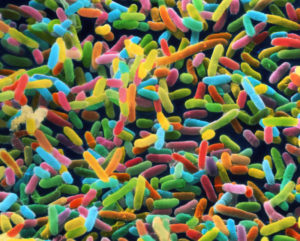Abstract
Pancreatic ductal adenocarcinoma (PDAC) is characterized by its fibrotic and stiff extracellular matrix. However, how the altered cell/extracellular-matrix signalling contributes to the PDAC tumour phenotype has been difficult to dissect. Here we design and engineer matrices that recapitulate the key hallmarks of the PDAC tumour extracellular matrix to address this knowledge gap. We show that patient-derived PDAC organoids from three patients develop resistance to several clinically relevant chemotherapies when cultured within high-stiffness matrices mechanically matched to in vivo tumours. Using genetic barcoding, we find that while matrix-specific clonal selection occurs, cellular heterogeneity is not the main driver of chemoresistance. Instead, matrix-induced chemoresistance occurs within a stiff environment due to the increased expression of drug efflux transporters mediated by CD44 receptor interactions with hyaluronan. Moreover, PDAC chemoresistance is reversible following transfer from high- to low-stiffness matrices, suggesting that targeting the fibrotic extracellular matrix may sensitize chemoresistant tumours. Overall, our findings support the potential of engineered matrices and patient-derived organoids for elucidating extracellular matrix contributions to human disease pathophysiology.

